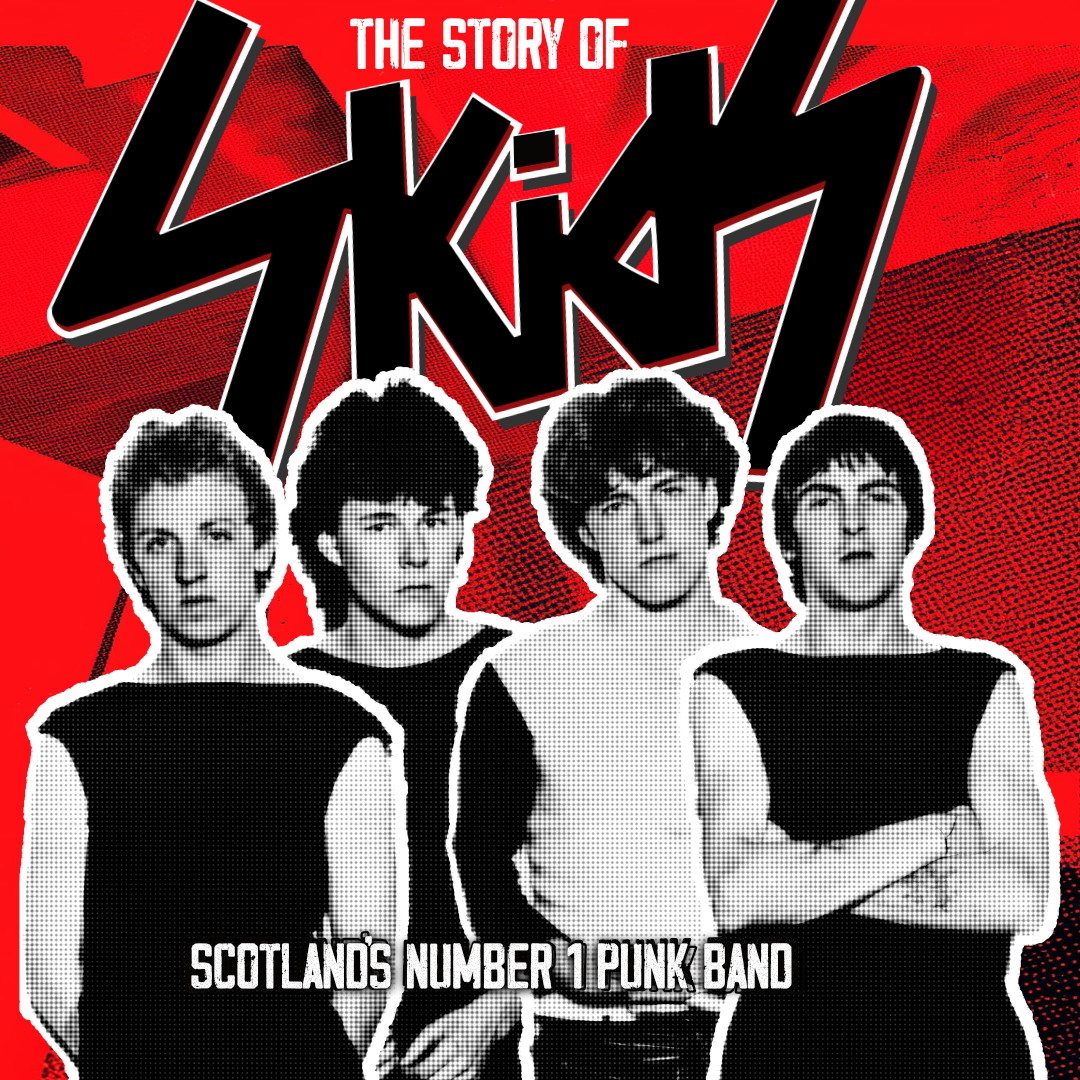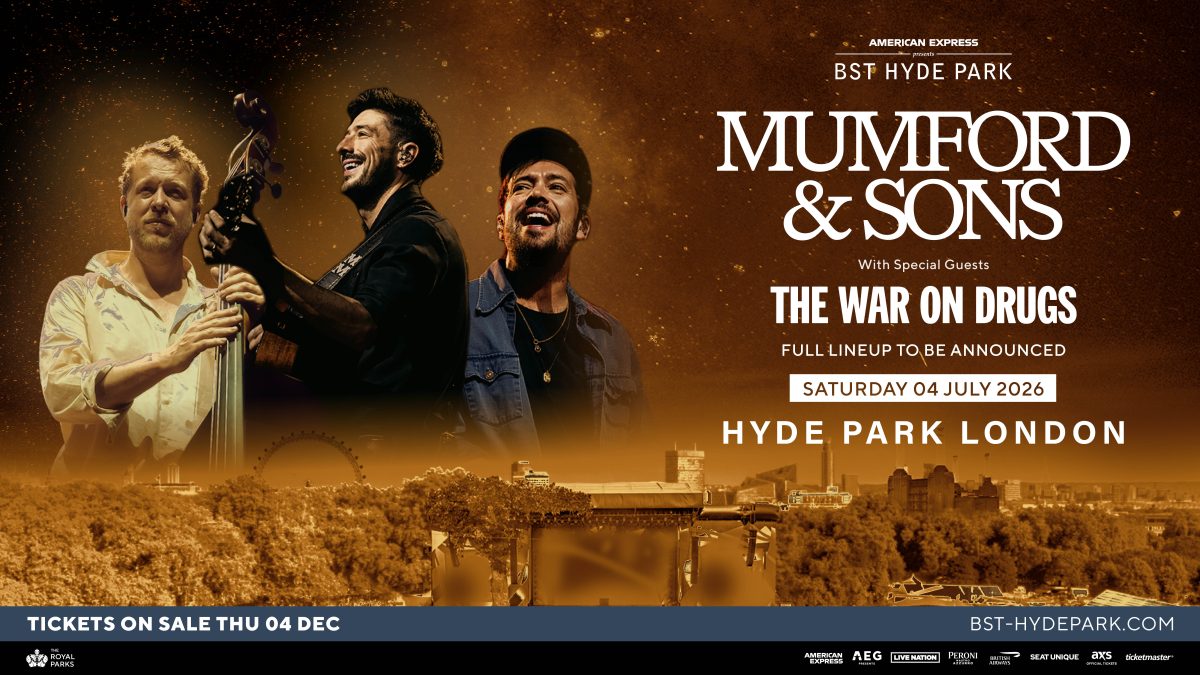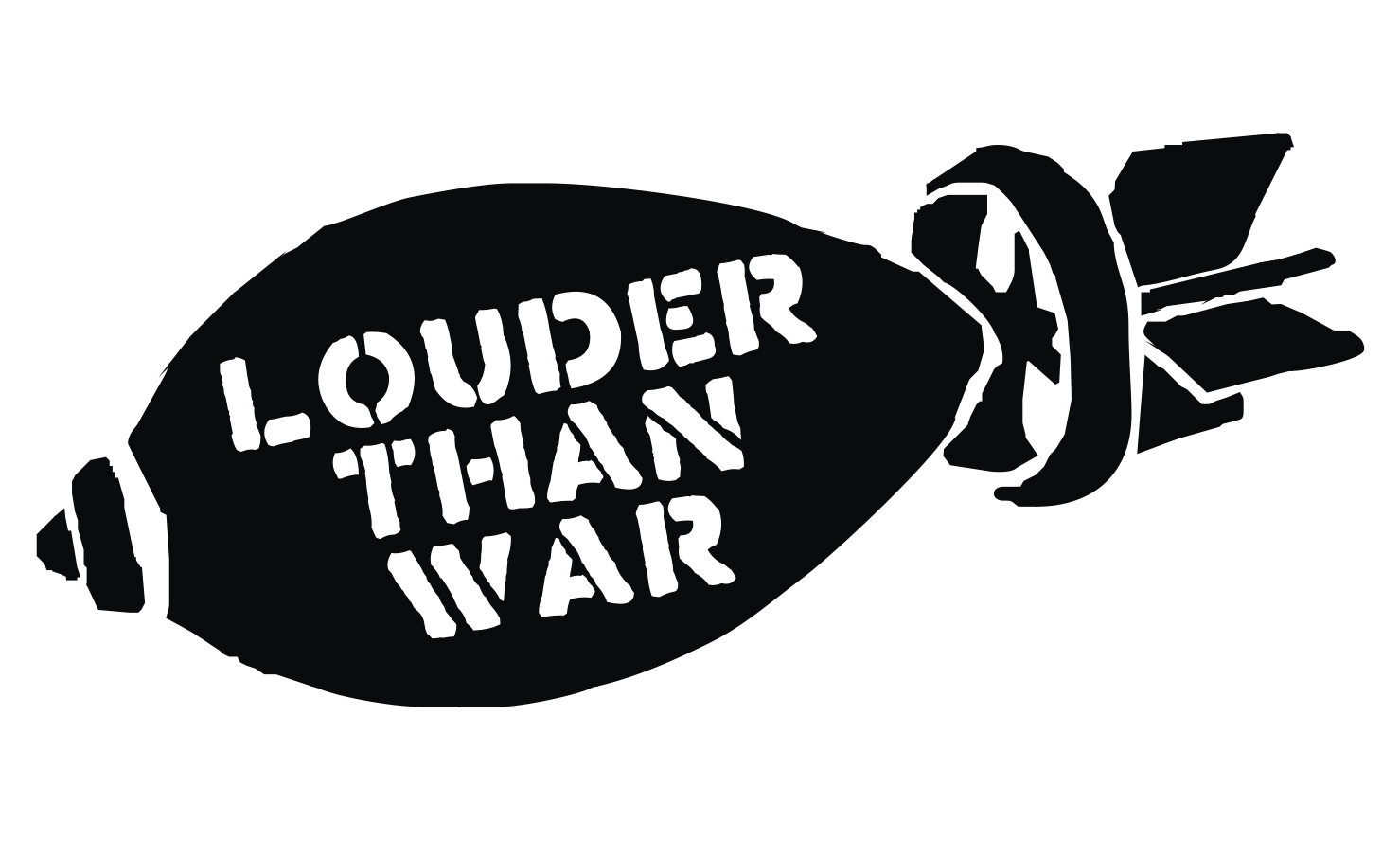The Story Of Skids: Scotland’s No. 1 Punk Band (2025)
Directed by Mark Sloper
Edited by Ethan Ungless
Produced by Richard Jobson, Alan Byron
Featuring Richard Jobson
Few figures in Scottish punk history command as much fascination as Richard Jobson, part poet, part bruiser, part punk evangelist. Scotland’s Number 1 Punk Band – The Story Of Skids is, fittingly, his film. A deeply personal journey through post-industrial Fife, it’s both a social document and a self-portrait: Jobson in full flow, reflecting on the chaos, camaraderie and contradictions that forged one of punk’s most distinctive bands.
Jobson’s account of alpha-male, post-industrial Scotland is fascinating and testimony-level important. He describes an old-fashioned world where difference didn’t work, where if you didn’t drink and fight, you didn’t belong, and women were treated dreadfully. His older brother Francis “rebelled against all that”, introducing him to the New York Dolls, MC5, Lou Reed and, most crucially, Iggy Pop. “Raw Power changed my life,” he says, a sentiment many will identify with. He later immortalised that moment in his film 16 Years of Alcohol (2003), where the fate of Frankie (Kevin McKidd) pivots on the same record.
Shot largely as a series of to-camera monologues, the film mixes intimacy and humour, intercut with fast-moving vintage footage and clips from live Skids shows and television appearances. One of the most natural scenes finds Jobson talking from a barber’s chair – the barber, we later discover, is his younger brother Brian.

Another well-crafted sequence takes place inside London’s Lewis Leathers, where Jobson chats with owner Derek Harris about punk’s enduring love affair with leather. He recalls a teenage trip through the snow on a motorcycle from Scotland to the King’s Road to buy a pair of leather trousers, an adventure that led to a friendship with Sid Vicious, who was drumming with The Banshees at the time. Vicious invited him to see the band at the 100 Club Punk Festival that night and to crash at his squat in Hampstead. “The guy he’s been depicted as, I don’t recognise that guy,” Jobson says. “He looked after me and stuff, ’cos I was so young. We really liked each other,” he adds, “I didn’t like her very much – Nancy.”
Through Vicious he met Malcolm, Vivienne, the other Pistols, and John: “John and I have never got on, never will. I don’t like him, he doesn’t like me — that’s good,” he concludes abruptly before the sequence ends on a warmer note, with Jobson trying on a Dominator jacket, the same style Vicious wore, neatly closing the loop between the boy he was and the man he became.

Jobson’s a natural storyteller: blunt, funny, often unsentimental. His recollections of The Skids’ early chaos swing from pure gold to dead gallus, with much of the interview footage shot in front of a homely fireplace (possibly his own) adding to the film’s reflective quality. One story fans will have heard him recount at gigs is about his audition for The Skids, when he told the other hopefuls for the position to “f**k off, or else.” The band found themselves with just one option, to which bassist Bill Simpson said, “He can’t sing and he can’t dance,” and Adamson replied, “Perfect.”
A walk around Dunfermline follows, a small-town tour of formative places. He recalls the band’s biker manager, who booked their first gig to a hostile crowd. “There were more people on stage fighting me than in the audience,” he grins. But the sight of them swaggering round town in punk gear had already turned heads, and about thirty kids showed up. Amid the punch-ups a scene was born, and their second gig ended in much the same way, this time with Jobson arrested.

Among the stops is the Kinema Ballroom, where The Skids cut their teeth playing matinees for schoolkids. Those gigs built the local buzz, and when the big punk names like The Clash came north, The Skids were the obvious choice for support. His mum kept it in perspective when they were voted Scotland’s best punk band: “You’re the only punk band in Scotland,” she laughed. Their real break came soon after, joining The Stranglers on tour, though Jobson, still under eighteen, needed a chaperone. Hugh Cornwell volunteered.
Jobson came from a working-class background but was unusually well-read, and his lyrics, often written at Dunfermline Library, drew on war poetry and a broader world view that set The Skids apart. His early partnership with Stuart Adamson – close, creative, brotherly – gives the film its emotional pulse. He speaks warmly, and a little in awe, of Adamson’s tuned-down drone guitar sound, which defined The Skids’ identity and later evolved into the widescreen tones of Big Country. Jobson is equally generous about Adamson’s later success, reflecting that he himself moved toward more poetic and cinematic terrain, drawn less to rock’s bombast than to art’s introspection.

But for all its charm and insight, this is still a one-man show. There’s no interview footage with any of the original members, not even Adamson, whose absence is deeply felt. Bruce Watson, Big Country co-founder, who often plays with Jobson, appears briefly a recent acoustic Skids incarnation with his son Jamie, but there’s no reflection from him on Adamson’s legacy, nor from Bill Simpson or Tam Kellichan. And there are no female voices at all, not even Jobson’s former wife Mariella Frostrup, who was there at the band’s height.
Jobson is understandably guarded when he mentions Adamson’s difficult relationship with his father, speaking briefly, carefully, with a tightened jaw. But there’s no contribution from Adamson’s family or friends, and no exploration of the events leading to his death in 2001. It’s respectful, but the subject deserves more depth.

Still, Scotland’s Number 1 Punk Band remains compelling. It’s cathartic in places, tender in others, and often funny. Jobson’s reflections on Scotland’s religious divisions and his own violent youth are candid and culturally important in their own right, and perhaps go some way to explaining the symbolic and mythical style that characterise his lyrics. The semi-reconstructions, coloured by nostalgia for pub fights and factory dust, have the feel of post-industrial men settling accounts with their past.
It may be narrow in focus, but it’s never dull. Jobson wears his heart, and his battle scars, firmly on his sleeve. Scotland’s Number 1 Punk Band might not tell the whole story of The Skids, but it tells his story, and he tells it damn well.
Screenings
Weds 12th November at ActOne, Acton, London
Thurs 20th November at SJT in Scarborough, North Yorkshire
Further screenings planned in Inverness and Cromarty – check here for updates
And also Screenbounds on Instagram, Twitter, Facebook and BlueSky
On digital platforms by the end of 2025
~
Photography courtesy of and provided by Tom Finney at Screenbound International Pictures.
Words by Phil Ross. More writing by Phil can be found at his Louder Than War author’s archive.
A Plea From Louder Than War
Louder Than War is run by a small but dedicated independent team, and we rely on the small amount of money we generate to keep the site running smoothly. Any money we do get is not lining the pockets of oligarchs or mad-cap billionaires dictating what our journalists are allowed to think and write, or hungry shareholders. We know times are tough, and we want to continue bringing you news on the most interesting releases, the latest gigs and anything else that tickles our fancy. We are not driven by profit, just pure enthusiasm for a scene that each and every one of us is passionate about.
To us, music and culture are eveything, without them, our very souls shrivel and die. We do not charge artists for the exposure we give them and to many, what we do is absolutely vital. Subscribing to one of our paid tiers takes just a minute, and each sign-up makes a huge impact, helping to keep the flame of independent music burning! Please click the button below to help.
John Robb – Editor in Chief






Leave a Reply